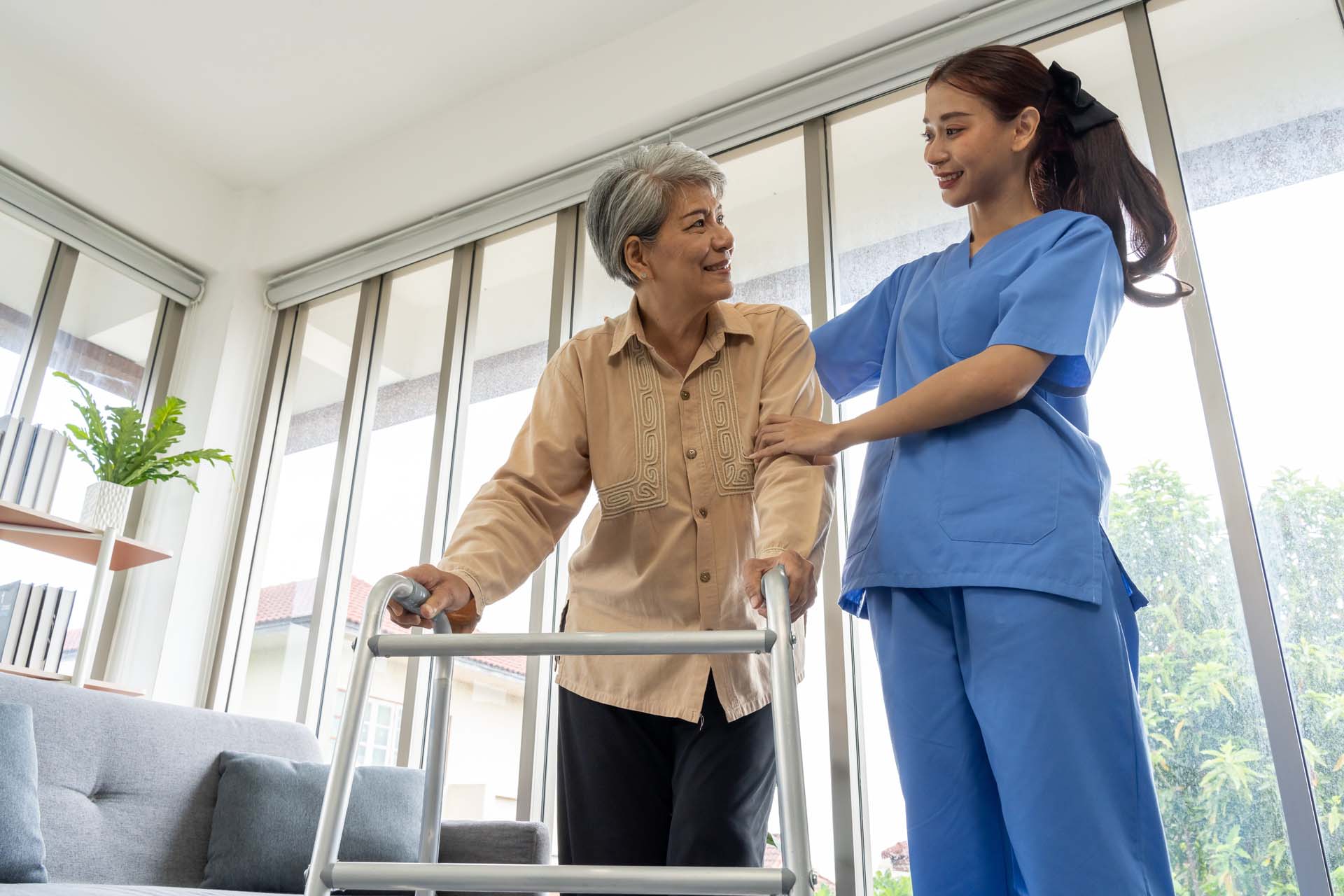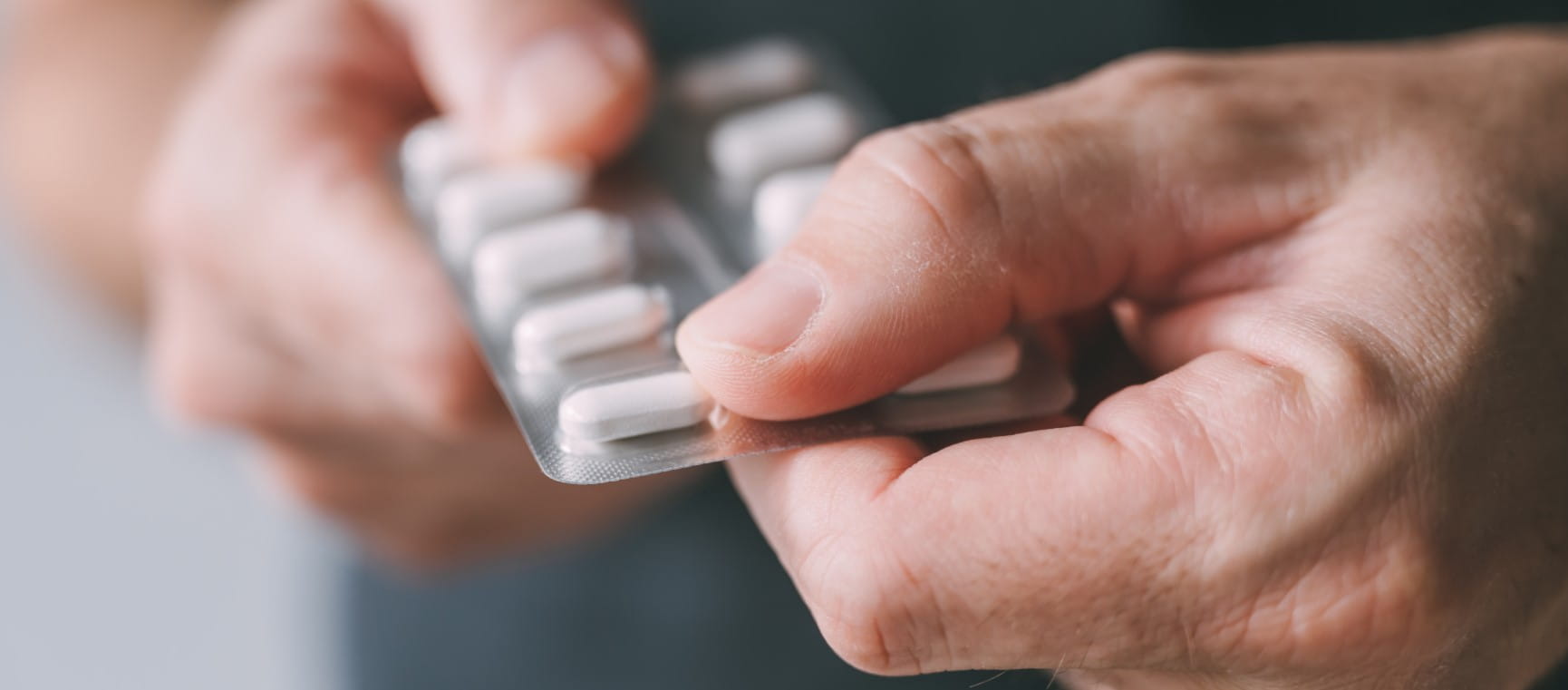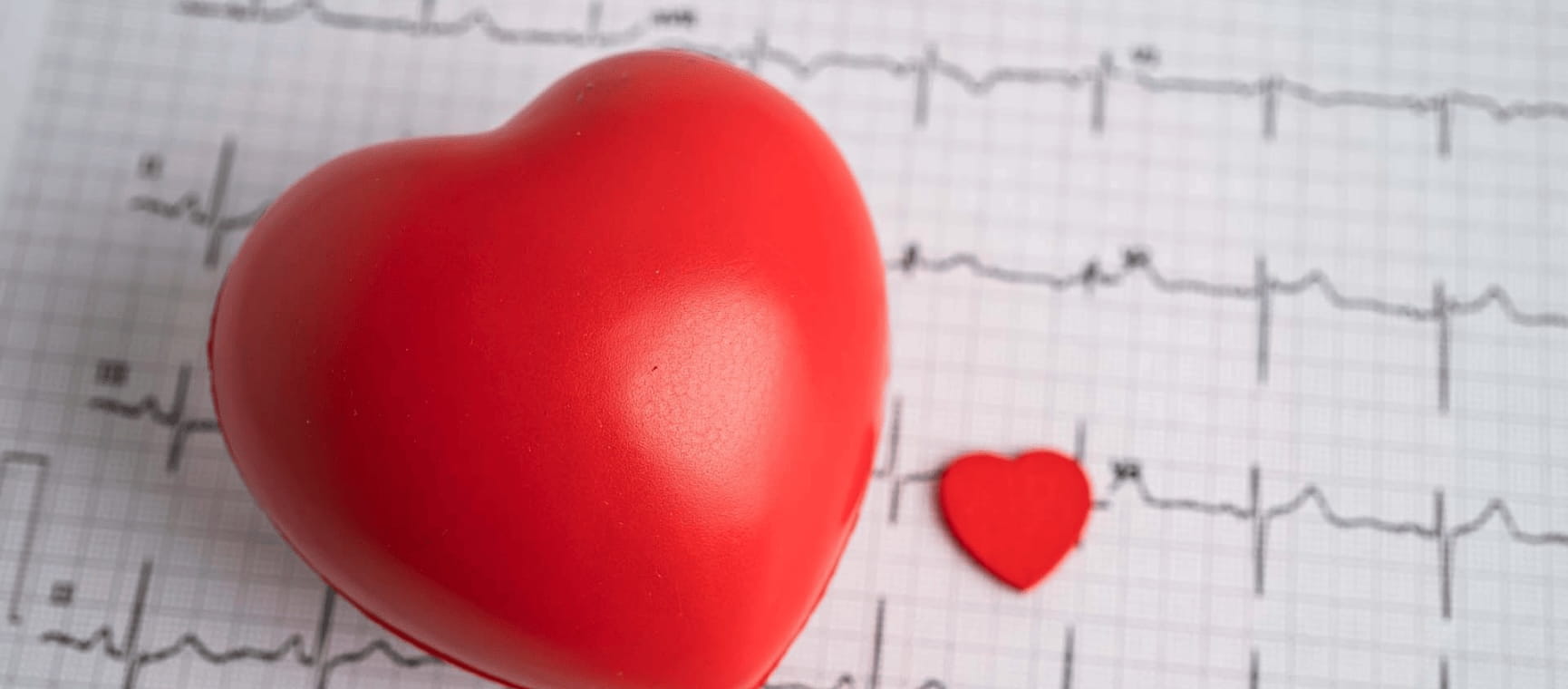
Would you recognise a heart attack if you were having one? An NHS survey suggests that while most people know about chest pain, they’re not aware of some of the other important symptoms.
Fewer than half the people responding knew that another heart attack symptom is sweating and only a third would spot other signs, which include feeling weak, lightheaded or generally uneasy.
The NHS is highlighting the lesser-known symptoms – and although there’s a chance they could be nothing to worry about – it’s important to call for help quickly rather than ignore them.
NHS figures show that the number of people admitted to hospital in England with a heart attack has risen to one of the highest levels ever: 100,000.
The British Heart Foundation says that currently there are more than 7.6 million people living with heart and circulatory diseases in the UK, but there could be one million more by 2030, and two million more by 2040.
If you notice any of these symptoms, it’s important to dial 999 and get them checked immediately.

If you’re having a heart attack, it means the supply of blood to your heart has become blocked, which can starve it of oxygen, potentially causing serious muscle damage.
You could still be conscious and breathing.
Heart attack symptoms can vary from person to person and it’s better to dial 999 early than ignore them if you think something’s wrong. Women, in particular, are being advised to take heart attack symptoms seriously, as their risk increases after the menopause.
The British Heart Foundation warns that women tend to not recognise the symptoms because they believe it’s more of a male problem.
In fact, 30,000 women are admitted to hospital following a heart attack every year – and they should look out for the same symptoms as men.
A 2019 study found that chest pain was the most common symptom for both men and women, with 93% of both sexes reporting this symptom.
A similar percentage of men and women reported pain that radiated to their left arm (48% of men and 49% of women).
More women had pain that radiated to their jaw or back and women were also more likely to experience nausea in addition to chest pain (33% vs 19%).
Your chances of surviving a heart attack are boosted if you seek care earlier: around one in seven people survive, but that increases to more than nine out of ten (94%) if you seek help as soon as possible after the onset of symptoms.
A heart attack is a medical emergency, so don’t worry about wasting paramedics’ time: call 999 for an ambulance immediately.
Professor Nick Linker, cardiologist and NHS national clinical director for heart disease, said: “Cardiovascular disease causes one in four deaths across the country, so it is vital that people are aware of the early signs of a heart attack.
“Every moment that passes during a heart attack increases heart muscle damage and nearly all of the damage takes place within the first few hours, so if you experience symptoms such as a sensation of squeezing or tightness across the chest alongside sweating, nausea, or a sense of unease, please call 999 so you have the best chance of a full recovery.”
Dr Charmaine Griffiths, chief executive at the British Heart Foundation, said: “Every minute matters when somebody is having a heart attack, and could be the difference between life and death.
"Even if the symptoms don’t seem severe, such as a feeling of squeezing or tightness across the chest – call 999 immediately.
“A heart attack is a medical emergency and immediate action could save your life.”
Louise Finan, 60, from West London, told Saga Magazine there are more heart attack symptoms than just chest pain.
“My first heart attack happened when I was under a lot of stress,” she said. “I’d been in bed with pneumonia and I knew I didn’t feel right, but I didn’t have the traditional symptoms such as chest pains.
“Fortunately, my daughter called an ambulance – the paramedics spotted I was having a silent heart attack and took me to hospital. Just as the doctors were treating me, I felt a huge pressure across my chest. It felt like someone had put a concrete slab on me.
“I had to have a blood clot removed and I later had a stem cell transplant.
"There are so many scenarios with heart attacks, so if you think something’s wrong you should never ignore the feeling.”
The British Heart Foundation has advice on keeping your heart healthy:
Hannah Verdier writes about fitness, health, relationships, podcasts, TV and the joy of reinventing yourself at 50 and beyond. She’s a graduate of teenage music bible Smash Hits and has a side hustle as a fitness trainer who shows people who hated PE at school how to love exercise.
View author page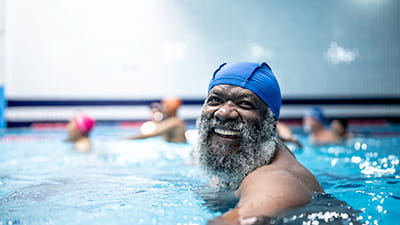

Health insurance for people over 50 that provides a quicker route to diagnosis and planned medical treatment in a private facility.
Underwritten by Bupa Insurance Limited.
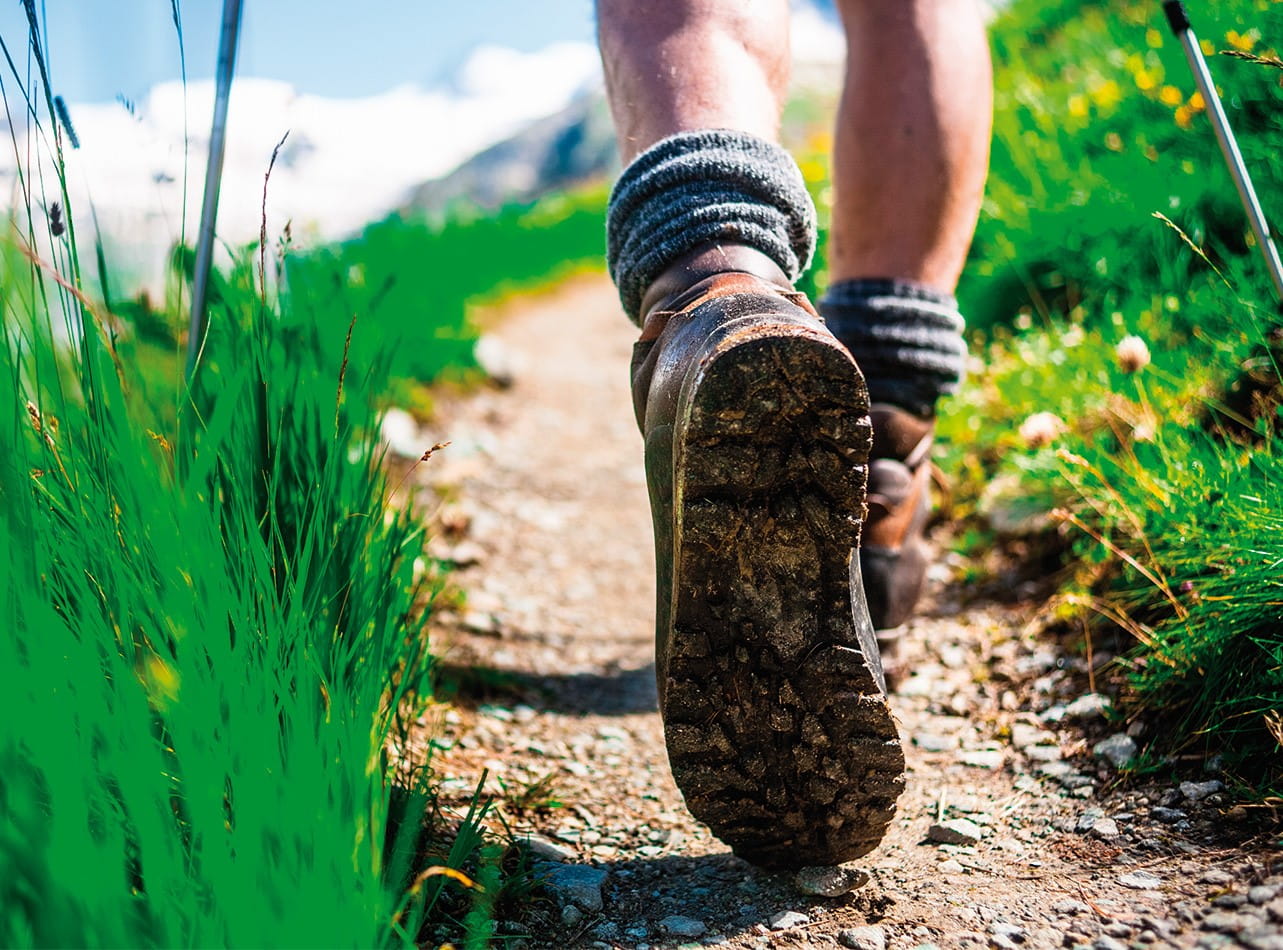
Find out about Saga’s walking holidays here…
Saga’s walking holidays are perfect for exploring Europe’s stunning destinations on foot. They’re suitable for all fitness levels and offer a well-balanced mix of guided walks and relaxation.

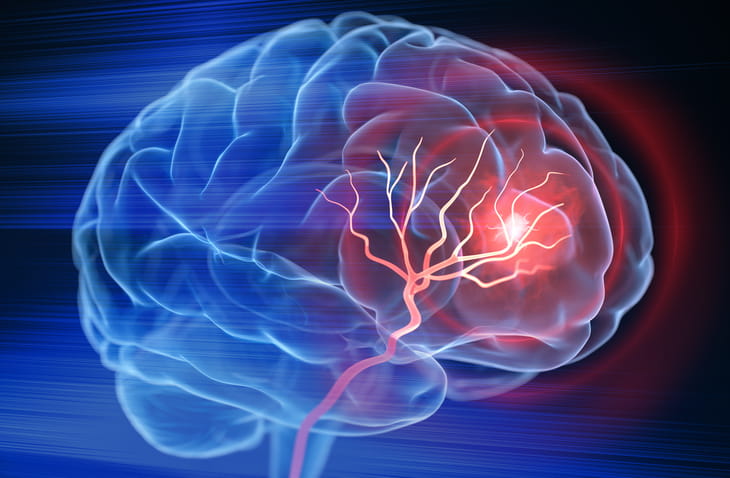
Facial weakness, a sudden headache and dizziness can all be signs of a stroke, we've got the facts from an expert.
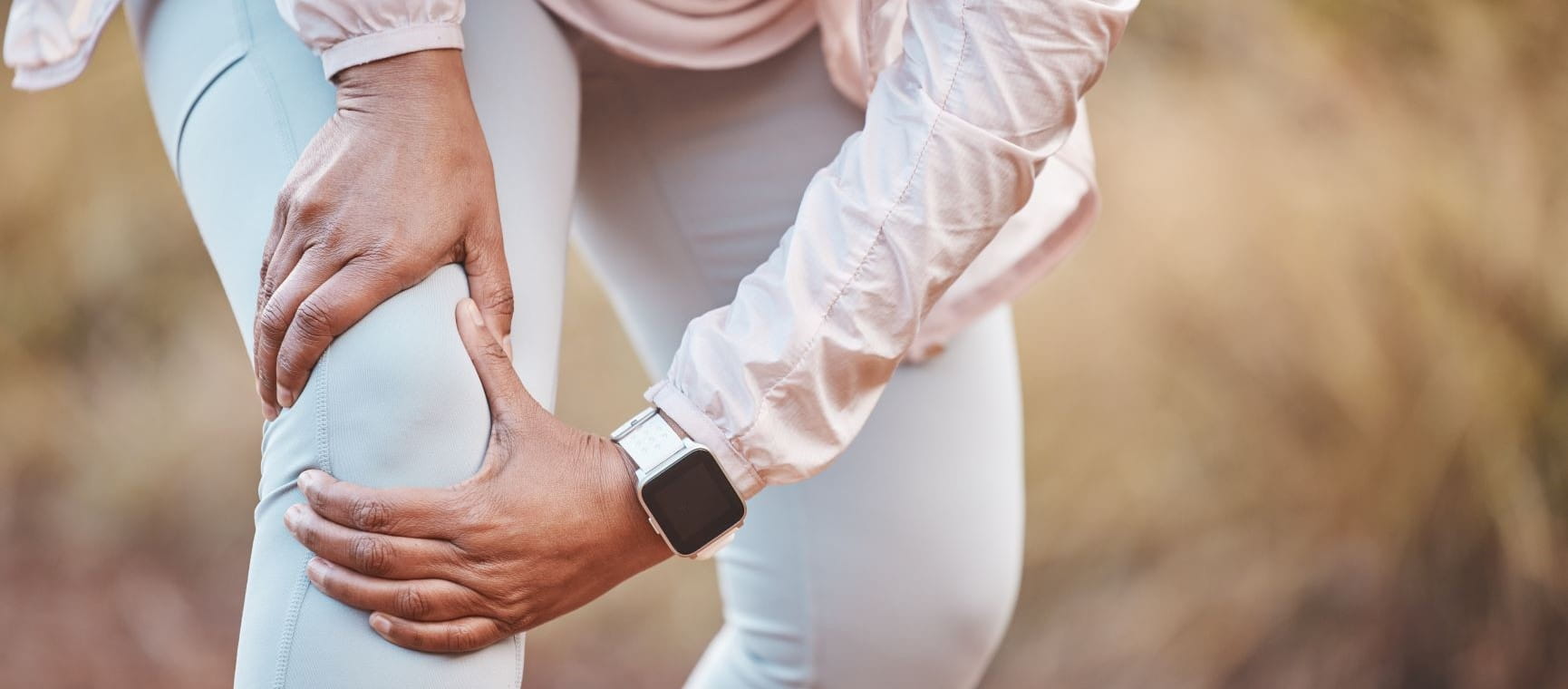
Knee pain is more common as we age: to help we've got the best advice from 3 leading experts with easy ways to make a difference.

Do you know the symptoms of a heart attack? Here’s what to look out for, and how to prevent one.
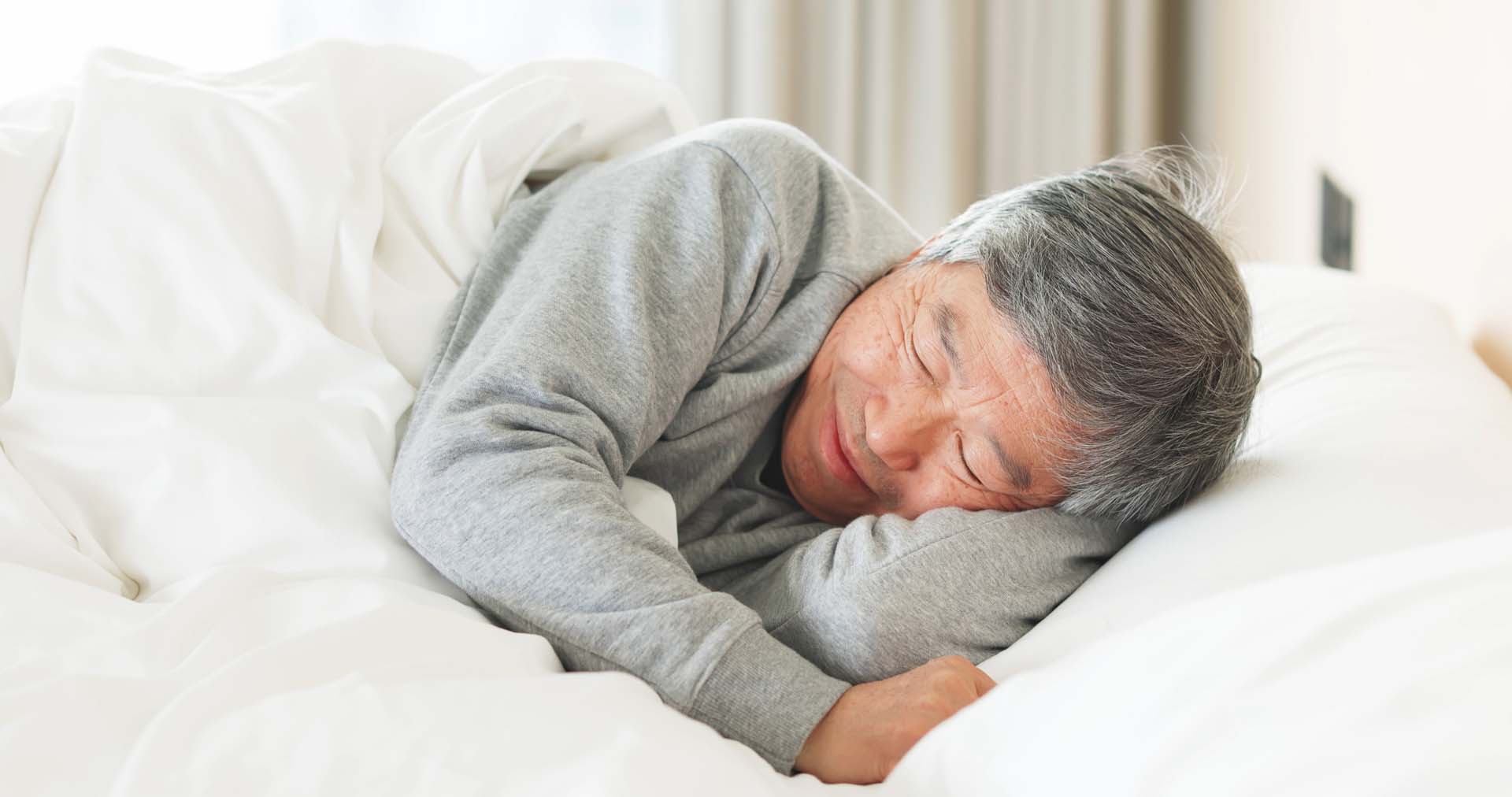
Front, back or side? Which sleeping position is best for you as you get older, and which ones you should avoid
